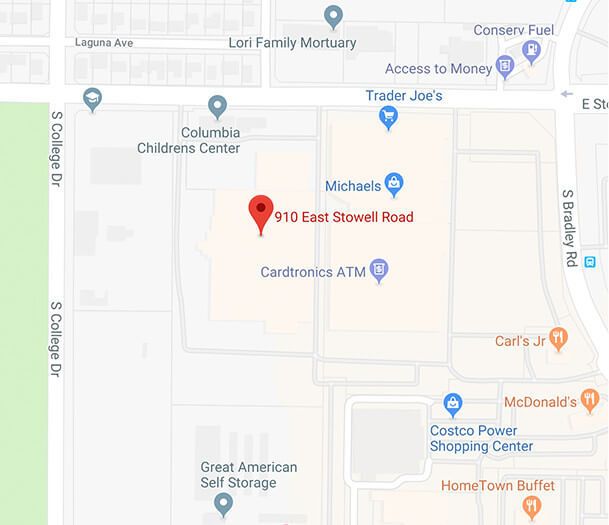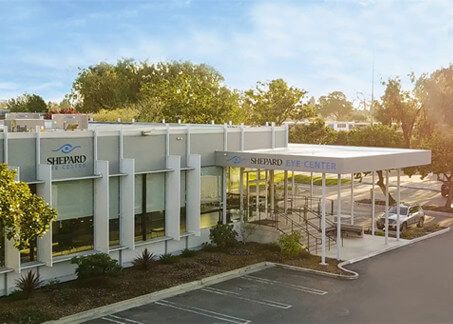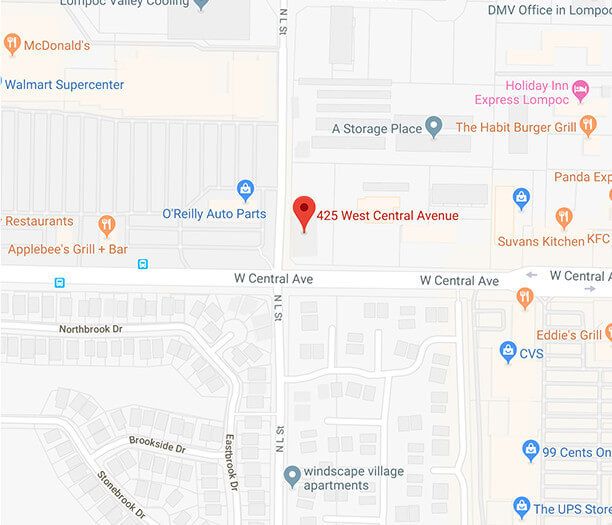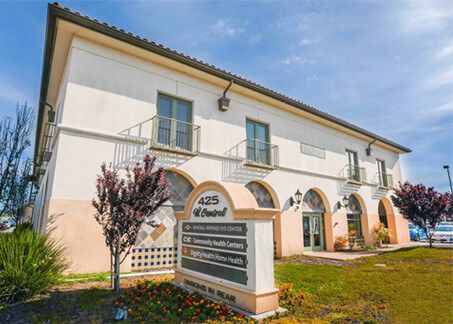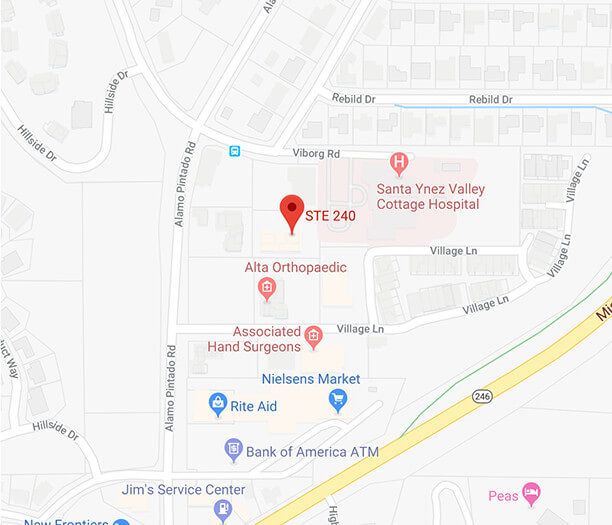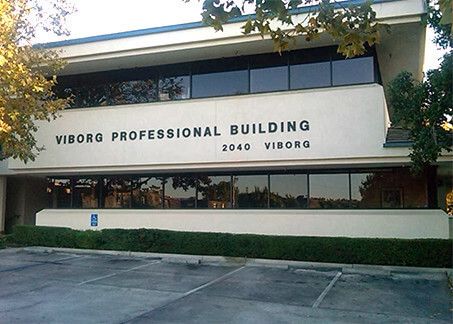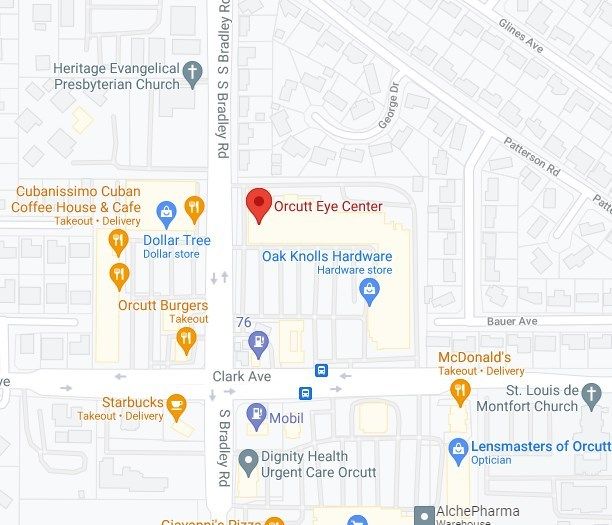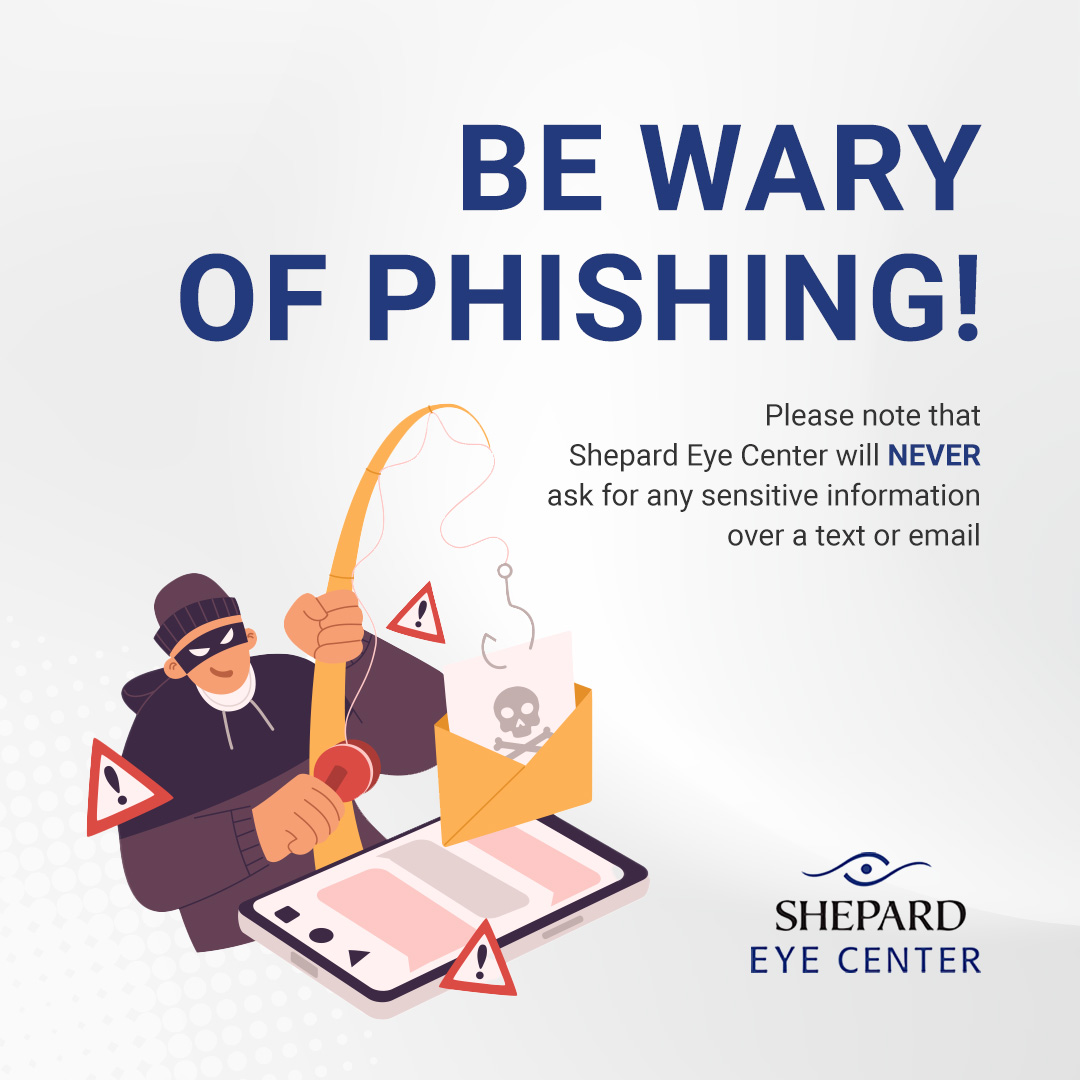
Dry eye is a common eye condition that affects more than 30 million people in the United States. According to the Centers for Disease Control and Prevention, more people with dry eyes prefer contact lenses compared to those who wear eyeglasses. However, this presents a challenge since dry eyes cannot produce tears naturally. This can make wearing contact lenses uncomfortable.
Eye doctors do not recommend that patients with dry eyes wear contact lenses. But thanks to technology, there are other options people with dry eyes can consider.
Options for Dry Eyes
Symptoms of dry eye syndrome include dryness, blurry vision, stinging, and redness. If you have dry eyes, you will want to discuss treatment options with your eye doctor. If you wear contact lenses and they feel uncomfortable, you may consider changing your contact lenses or prescription.
Dry eyes can result from taking certain medications. If this is the case, your eye doctor may recommend switching your medication. Discuss with your doctor first before making the switch. If your eyes cannot produce enough tears to lubricate eyes, your eye doctor may recommend using eye drops.
What happens if the problem is with your contact lenses?
Contact Lenses Options
There are multiple types of contact lenses made of different materials. The type of contact lenses a patient wears is determined by the cause of the dry eye. Also, there are many brands of contact lenses in the market, and you may find that one brand may work better for you than others. You may have to try on different types of contact lenses and brands before you find the one that works best for you.
Some common types of contact lenses for dry eyes include:
Night and day contact lenses - These lenses are very comfortable, and one can wear them day and night for 30 days
Air Optix® - These contacts retain moisture in the eyes by allowing a significant amount of oxygen to pass through
Acuvue Oasys® - These contacts not only can retain moisture but also protect the eyes from harmful ultraviolet rays from the sun
Biofinity® - According to eye doctors, these types of contact lenses are the best for dry eyes. They contain no lubricants, surface treatments, or additives, and contain silicone hydrogel
Considerations When Choosing the Right Contact Lenses for Dry Eyes
Contact lenses come in two categories: soft contact lenses and hard contact lenses. Both contacts allow oxygen to get into the eyes. The difference is that the hydrogel making up the soft contact lenses is flexible, while the gas-permeable materials making up the hard contact lenses are rigid.
The best contact lenses for dry eyes should contain water, but not too much. Contacts that contain too much moisture may cause more harm than good. When contacts contain too much water, the water may draw out the little moisture in your eyes, causing your condition to worsen.
Eye doctors also recommend using disposable contact lenses. Regularly changing your contact lenses prevents protein deposits that cause dry eyes.
For more on contact lenses options for treating dry eyes, contact Shepard Eye Center at our offices in Santa Maria, Lompoc, Orcutt, or Solvang, California. You can call (805) 667-0100, (805) 793-1800, (805) 410-9998 or (805) 937-9532 today to schedule an appointment.









